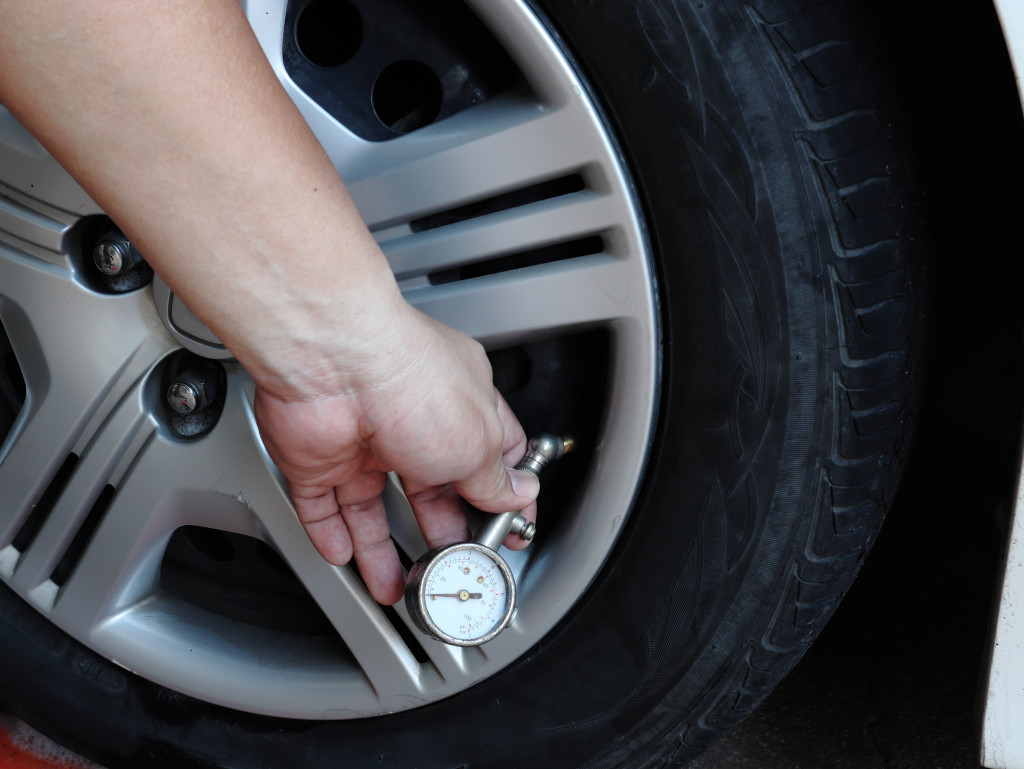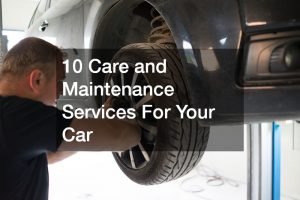The pandemic disrupted supply chains after border closures in some countries to stop the spread of the virus. After the situation improved, car prices rose after consumer prices increased. This compelled consumers to reconsider their decision to buy new cars. So, many opted for used cars to maintain their mobility.
Buying a car is a big decision; if you’re not careful, it can be costly. If you’re in the market for a used car, there are a few things you’ll want to keep in mind before making your purchase. Here are five tips to consider when buying a used car.
Do your research.
When it comes to buying a used car, research is key. You want to make sure you know as much as possible about the vehicle before making a purchase, so you can be sure you’re getting what you expect. Here are some tips to help you get started:
- Look online. There are plenty of resources online to learn about different makes and models of cars. This includes both manufacturer websites and independent review sites.
- Check out the forums. There are many online forums where people talk about their car-buying experiences – both good and bad. This can be a great way to get honest feedback about specific models and brands.
- Read reviews. Once you’ve narrowed down your choices to a few models, be sure to read reviews from real-life owners. This will give you a better idea of what to expect from each car.
- Test drive the vehicle. Finally, take the car for a test drive before making your final decision. This will help you make sure it’s the right fit for you and that it meets your needs.
Get a CARFAX report.
When you’ve found a few cars that you’re interested in, it’s crucial to get a CARFAX report. A CARFAX report is a document that records the history of a vehicle. It includes information such as the car’s title history, odometer readings, and accident and repair history. A CARFAX report can give you peace of mind when buying a used car. It can help you avoid purchasing a vehicle that has been in a serious accident or has been subject to other damage.
CARFAX gets information about cars through different sources. It is a data aggregator that collects data from numerous sources and combines them into a single datable. You can check the database for specific vehicles you plan to buy using the company’s web interface.
Have the car inspected by a mechanic.

Even if the CARFAX report looks good, it’s always a good idea to have the car inspected by a mechanic before making your purchase. A mechanic will be able to identify any potential problems with the vehicle and give you an accurate estimate of how much it will cost to fix them.
After working with the mechanic, you can decide whether to buy a car or not. If you choose to buy it, you should repair areas that affect the car’s performance. One important area you should check is the windshield. A cracked windshield decreases visibility and provides less protection than an undamaged windshield. So, you should look for a reliable windshield repair and replacement service if the windshield has a crack. The service should have the tools and experience to ensure your safety when using your car.
Bargain with the seller.
One of the most important things to remember when buying a used car is to bargain with the seller. It’s always important to get the best deal possible; bargaining can help you do that. Be firm but fair in your negotiations, and remember that the seller likely wants to sell the car as quickly as possible. If you’re unhappy with the initial offer, be prepared to walk away. There’s always another car out there.
If you’re working with a dealership, they may be more open to negotiation than a private seller. However, it never hurts to try! Regardless of who you’re bargaining with, stay firm on your offer, and don’t let them pressure you into spending more than you’re comfortable with.
Look for a car with a good warranty.
When buying a used car, finding one with a good warranty is crucial. A warranty is a contract that protects you from having to pay for certain repairs or replacements. Many manufacturers offer warranties on new cars, but not all extend them to used cars. Ask about the warranty if you’re buying a used car from a dealership. You may also want to purchase an extended warranty, which will cover repairs after the manufacturer’s warranty expires.
If the car does not have a written warranty, they still have implied warranties unless it’s sold “as is.” One implied warranty is the warranty of merchantability, which says the car must be fit for its intended purpose. Another implied warranty is the warranty of fitness for a particular purpose, which says the car must be suitable for the buyer’s needs.
Implied warranties can vary from state to state, so it’s essential to check your area’s laws before buying.
Purchasing a used car can save you money upfront, but only if done correctly. With these five tips in mind, you can shop for your next used car confidently, knowing that you’re getting the best possible deal. By following these steps, you can ensure you’ll end up with the perfect used car.







